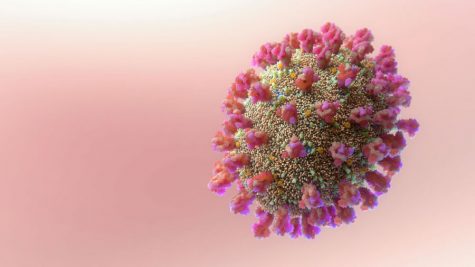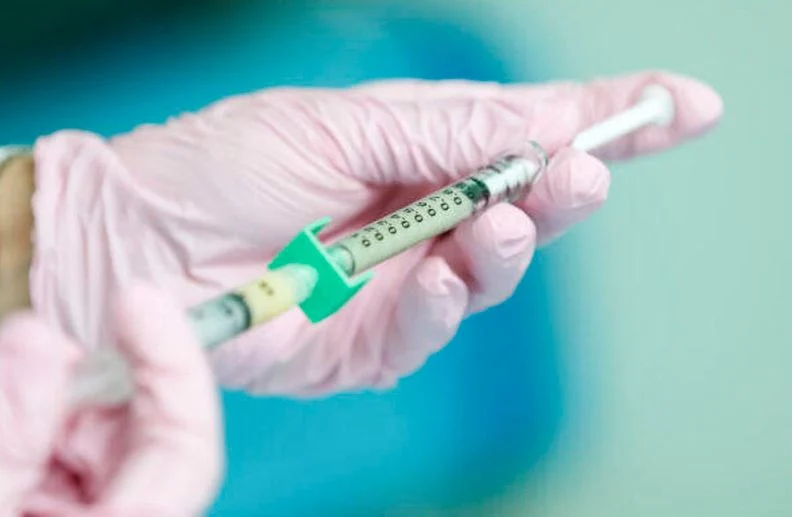Covid Boosters: Overview and Timeline
By Nadia Geisser
September 28, 2021
Since the beginning of the Covid outbreak, researchers and scientists have been working to perfect a vaccine that will protect against the virus. Now, since the vaccines have been released as of early 2021, researchers have been evaluating the urgency of booster shots.
Although we were recommended a second dose of the vaccine to build extra protection, many have been speculating the actual necessity of booster shots. To understand this, it must be emphasized that doses of the vaccine and boosters are two different things.
We were recommended a second dose to build extra immunity. However, a third dose of the vaccine is recommended by the CDC for moderately to severely immunocompromised people, or people whose immune systems didn’t build enough protection after the first two doses. People who aren’t immunocompromised don’t need and aren’t recommended a third dose. This is different from how booster doses work.
Booster doses will eventually be necessary for all people who received both doses of the vaccine, even for those who received a third dose.
So, why are booster doses even necessary? Booster doses will change with every mutation or new variant in the virus. Since the Delta variant has arisen, experts have started to see reduced protection against mild and moderate Covid cases. This is due to waning immunity and antibodies wearing off.
Waning immunity is the decrease in protection from the virus over time due to mutations and variants.
The effectiveness of the vaccine has been under speculation, since boosters will be required to maintain protection. The vaccine has done wonders for preventing illness, severity of symptoms, hospitalizations, and death. However, since the virus is constantly mutating, altered versions of the vaccine will be required to build immunity against new variants, which are what booster doses are for.
Some may wonder what is the makeup difference between a vaccine and a booster dose. Vaccines are made up of weakened forms of the virus and parts of the germ, or altered genetic “blueprints” of the germ. Booster doses are essentially the same thing, however the type of germ or altered germ will be different each time to protect against whatever new variant has evolved.
This “recipe” triggers your immune system to attack this foreign germ and builds antibodies through antigens embedded in the vaccine. So, in case of potential exposure, your immune system will recognize the germ and be able to use the developed antibodies to fight it off, preventing contraction.
For people who received the vaccine, antibodies wear off after about 5 months from development. For people who were infected with the virus, antibodies wear off after about 6-8 months from development and onset symptoms. The bottom line is that your immune system will develop antibodies through virus development and vaccination, but vaccination is a much quicker, safer way to achieve that.

Some people have trouble considering booster does, but don’t realize we’ve been receiving them since we were children. Booster doses that are required for children protect against viruses including Hepatitis A, Hepatitis B, Haemophilus Influenzae type B, measles, mumps, and rubella. Booster doses for teens and adults include the Varicella vaccine, MMR, and Tdap to protect against shingles and pneumonia, otherwise known as the flu.
Booster doses are recommended every year for the flu due to the virus constantly mutating.
The goal is to have Covid boosters available to the public by fall 2021 only after FDA authorization and the CDC’s Advisory Committee on Immunization Practices (ACIP). As expected, people who are most vulnerable to the virus will have access first. This includes healthcare providers, residents of long-term care facilities, and older adults.
Only people who received the mRNA vaccine, which includes Pfizer and Moderna, can receive the mRNA booster dose. For people who received the Johnson & Johnson vaccine dose, they will have to receive the booster released by that company. This booster will be released later due to the vaccine being released after the mRNA vaccines.
Experts are still evaluating the Delta variant, but the implementation will depend solely on FDA and ACIP approval.



